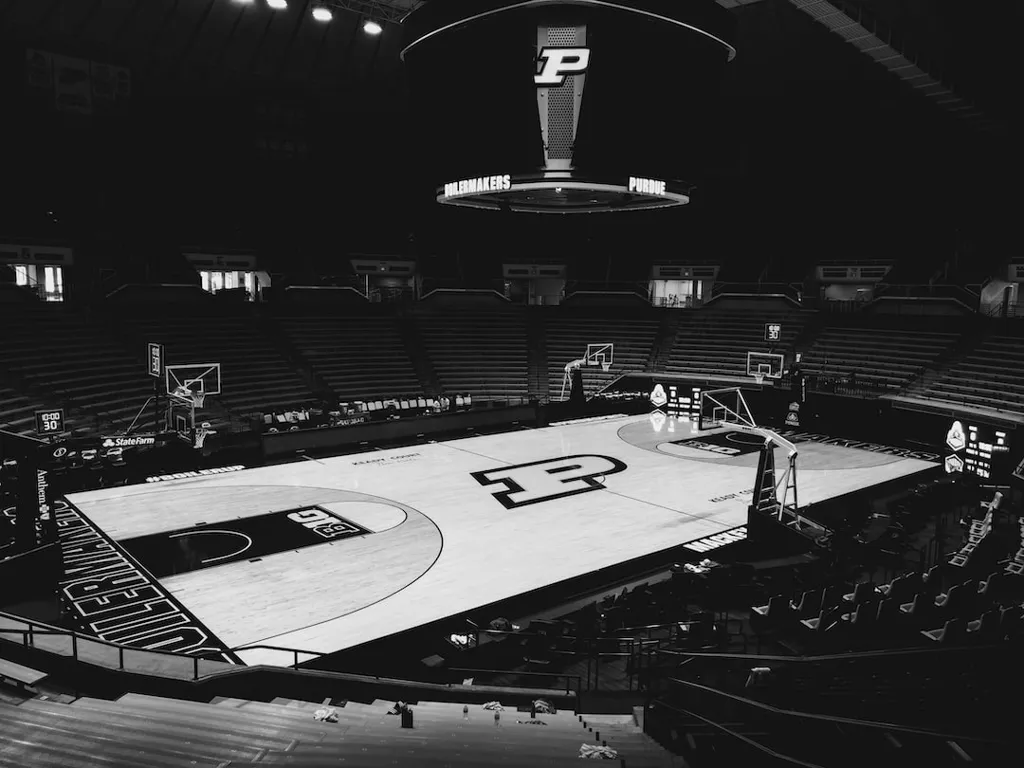Boilermakers: The Manufacturing Experts
Boilermakers are skilled tradespeople who build, repair, and maintain boilers, tanks, and other large vessels that contain liquids and gases. These professionals serve various industries, including power generation, petrochemical, and shipbuilding. The work involves cutting, welding, and shaping metal parts to precise specifications, as well as fitting and positioning them using cranes, hoists, and other heavy equipment.
Examples of the Job
Boilermakers work on a wide range of projects, such as constructing and installing boilers in power plants and refineries, building steel tanks for oil and gas storage, fabricating pressure vessels for chemical and pharmaceutical production, and repairing pipelines, bridges, and other structures that require specialized welding and fabrication. They also maintain and upgrade existing equipment, inspect it for defects and malfunctions, and conduct tests to ensure that it operates safely and efficiently.
Education and Training
To become a boilermaker, one typically needs a high school diploma or equivalent and an apprenticeship program that lasts four to five years. These apprenticeships are usually offered by labor unions or industry associations and combine classroom instruction with hands-on training under the guidance of experienced professionals. Apprentices learn about blueprints, welding techniques, safety procedures, and the use of tools and machinery. They also receive instruction on math, science, and other subjects relevant to their work.
Progression and Advancement
After completing an apprenticeship, boilermakers can advance to journey-level status and work independently on complex projects. They may also pursue specialized certifications that demonstrate their proficiency in specific areas, such as welding or non-destructive testing. Moreover, experienced boilermakers can become supervisors, project managers, or instructors, sharing their knowledge and expertise with the next generation of workers.
Getting Into the Field
If you’re interested in becoming a boilermaker, the first step is to research apprenticeship programs in your area and apply to them. You can also seek advice from a local labor union or community college that offers welding or metalworking courses. It’s essential to have a strong work ethic, physical stamina, and attention to detail, as well as the ability to work in challenging environments, such as hot, noisy, and cramped spaces. However, the rewards for a successful career in boilermaking can be significant, ranging from job security, excellent pay, and opportunities for personal growth and development.
Boilermakers are skilled workers who specialize in assembling, installing, and repairing large containers or boilers that hold liquids and gases. They also repair and construct other structures such as blast furnaces, heat exchangers, and pressure vessels. The job level for Boilermakers is usually at level 06 or 07, which is equivalent to a senior or seasoned worker.
Based on the salary data provided, the average salary for Boilermakers in the United States is $66,144.00 for Level 06 and $78,249.60 for Level 07. The national average for full-time workers is $70,179.20, and for time-based pay, it is $69,825.60. The salary data also shows that Boilermakers who are part of a union generally have a higher average salary compared to nonunion workers ($87,755.20 vs. $64,084.80).
The effect of union on this job is significant as unionized Boilermakers are often able to negotiate better wages and benefits, as well as enjoy better job security and working conditions. They are also more likely to receive training and apprenticeship programs that can further enhance their skills and career prospects.
Geographically, the highest-paying states for Boilermakers are Alaska and Hawaii, where the average annual salary for this occupation is $89,510 and $79,930, respectively. On the other hand, the lowest-paying state is Kansas, where the average annual salary is $50,800.
A tabular representation of the data is shown below:
| Job Level | Unionization | Average Salary |
|———–|————–|—————–|
| 06 | Nonunion | $66,144.00 |
| 07 | Nonunion | $78,249.60 |
| All levels | Union | $87,755.20 |
| All levels | Nonunion | $64,084.80 |
| All levels | Full-time | $70,179.20 |
| 06 | Full-time | $66,144.00 |
| 07 | Full-time | $78,249.60 |
| All levels | Time-based pay | $69,825.60 |
In conclusion, Boilermakers play an essential role in various industries, and their skills are in high demand. Their job level is usually at a senior or seasoned worker level, and the national average salary is around $66,144.00 for Level 06 and $78,249.60 for Level 07. Unionization can have a significant impact on the salary and benefits of Boilermakers, with unionized workers generally earning higher wages. The highest-paying states for Boilermakers are Alaska and Hawaii, while the lowest-paying state is Kansas.












